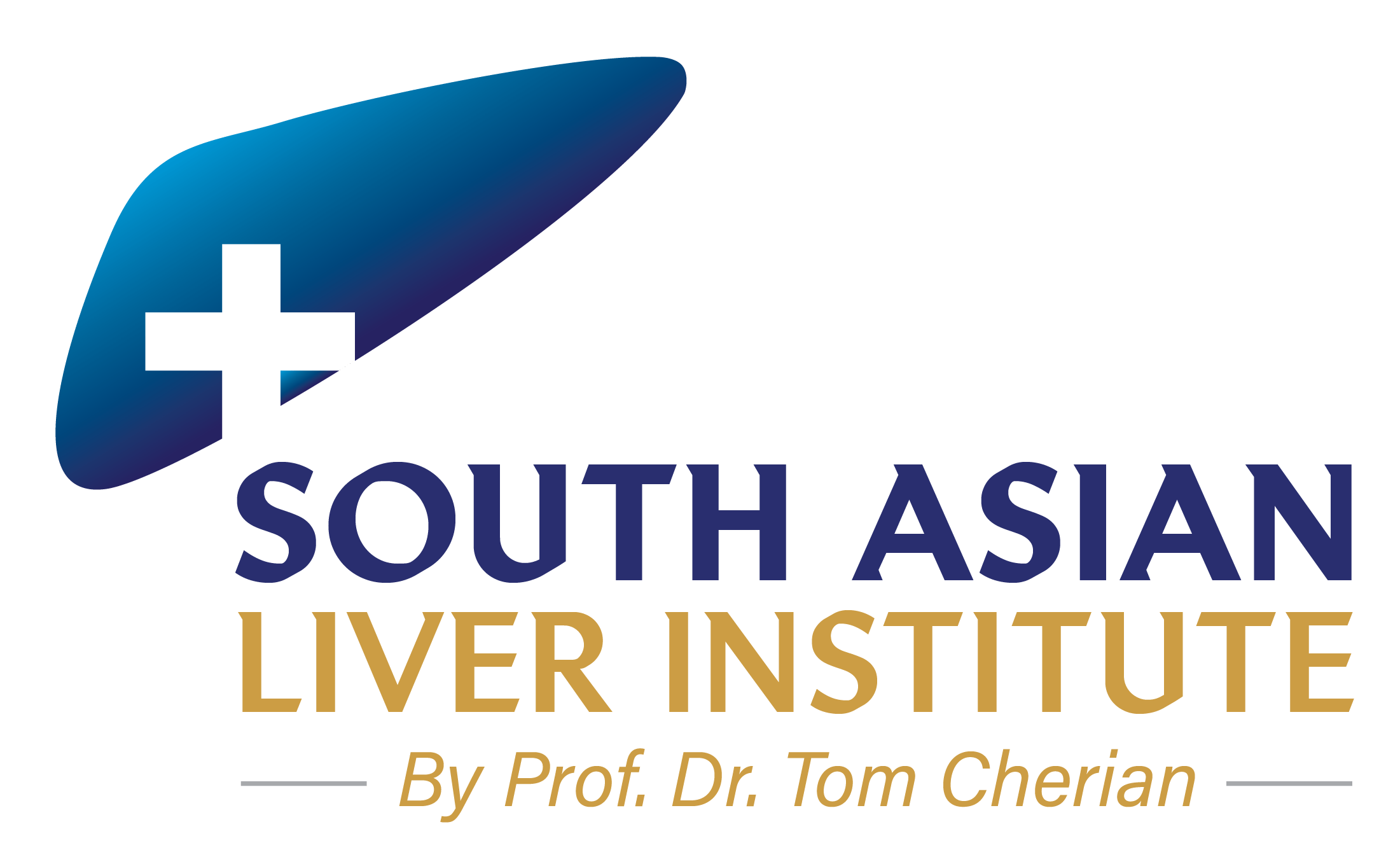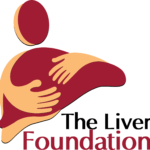Liver Disease
In Children
Why do children
get liver disease?
Liver disease in children are caused by various causes like Genetic causes (can be inherited from one or both of parents or mutation in gene), Infectious causes (Bacterial, Virus, Parasitic), errors in your own immune system, errors in metabolic cycles and various environmental factors.
The incidence of neonatal liver disease is as high as 1 in 2,500 live births. Early recognition is particularly important in neonates and infants because a delay in diagnosis may have a negative effect on the prognosis. The causes of liver disease in pediatric patients vary with age. Some are associated with certain age groups, such as biliary atresia and idiopathic neonatal hepatitis, which are observed only at birth or shortly thereafter. Conversely, acetaminophen intoxication and Wilson disease are typical of older children, especially adolescents.
How much of liver diseases
happen in children?
About 10-15% of liver transplants worldwide are carried out in children. There are many liver diseases which can affect a child. The most common diseases which affect the liver at a neonatal stage and infants age group and older children groups are mentioned as below.
Very small babies & Infants
Cholestatic disorders
- Biliary atresia (the commonest indication for transplant in children)
- Paucity of intrahepatic bile ducts (eg, Alagille syndrome)
- Progressive familial intrahepatic cholestasis syndromes
Idiopathic neonatal hepatitis and mimickers —Cystic fibrosis, Alpha 1-antitrypsin deficiency, Neonatal iron storage disease
Viral hepatitis or other infectious diseases in the neonate
- Cytomegalovirus
- Herpes simplex virus/herpes zoster virus/human
Metabolic disease
Disorders of carbohydrate metabolism (galactosemia, fructosemia, type IV glycogen storage disease), Disorders of urea cycle (arginase deficiency) —Disorders of amino acid metabolism (tyrosinemia) etc.
Toxic/pharmacologic injury (Eg, total parenteral nutrition)
Older Children and Adolescents
Hepatitis
- Viral hepatitis (hepatitis B virus, hepatitis C virus)
- Autoimmune hepatitis
- Toxic
- Pharmacologic (eg, acetaminophen)
Toxins and pharmacologic remedies
Malignancies
Wilson disease
Occlusion of the hepatic veins
What is
biliary atresia?
Biliary atresia is a disease of the bile ducts that affects only infants. Bile is a digestive liquid that is made in the liver. It travels through the bile ducts to the small intestine, where it helps digest fats. In biliary atresia, the bile ducts, both inside the liver and outside, become inflamed and blocked soon after birth. This causes bile to remain in the liver, where it starts to destroy liver cells rapidly and cause cirrhosis, or scarring of the liver.
What is the best option
for children with cirrhosis?
Cirrhosis is a type of liver damage where healthy cells are replaced by scar tissue. Children are particularly susceptible to damage. Even the onset of cirrhosis is NOT an indication for transplant and most of the patients can be treated medically and some children requires dietary adjustments. The main indication for a liver transplant is “end stage liver disease”, an advanced stage of cirrhosis i.e. wherein the liver has lost its ability to even do enough to sustain life. This happens slowly over months with increasing bilirubin or ascites or encephalopathy. The liver transplant is an option that may be considered in only such severe cases.
What are the outcomes
after transplantation in children?
There is no good answer as to how long an individual can be expected to live after a liver transplant. Each child is unique and every transplant is different. However in general the results after transplantation in children is very good. On an average, 5 year survival rate is 85 to 95%. Children who survive to 5 years well, normally go on to lead a normal life, with death often due to random ‘non-liver’ causes (just like any other human being). Results are continually improving as doctors and scientists are working on it.
However living with a liver transplant is a lifelong process. Medications must be given regularly that trick the immune system (anti rejection medications) so it will not attack the transplanted liver. Sometimes other medications must be given to prevent the side effects of the anti rejection medications, such as infections. Frequent visits to and contact with the transplant team are essential. When the child becomes old enough, he or she will need to learn about the signs of rejection, and everything else the parents have learned so he or she can eventually care for themselves independently. However many transplanted children have gone on to become doctors and scientists as adults!
Normal Growth &
liver disease
Usually after liver transplant, most of the children return to a normal quality of life and catch up or accelerate in growth. Our primary goal is to return patients to a “normal” lifestyle as soon as possible. To accomplish this, we at South Asian have a comprehensive approach to patient care. The program’s internationally recognised surgical team is supported by specialists in Pediatric gastroenterology, infectious disease, anesthesiology, liver disease and pharmacology as well as by nurse coordinators, social workers, mental health professionals, a nutritionist and dietician who will all help even after surgery. We as a matter of protocol continue life long follow-up in all our patients if they wish.
If your child has liver disease,
how can we help at South Asian?
We have dedicated team for pediatric patients like dedicated Pediatric gastroenterologists.
We utilise a pediatric ICU, managed with dedicated pediatricians and pediatric ICU nurses.
What do we do different for
children with chronic liver disease?
We are very patient centric- giving the most attention to a patient’s needs. As our founder has worked in the 2 best hospitals in the world for “liver disease in children” at London and Birmingham, our entire system is geared to help children with liver disease. We help in coordinating an early diagnosis and stick to best management practices in Hepato Pancreatic Biliary surgeries & Liver transplantation. We also conduct regular follow-up of all patients who have undergone surgery with us.




